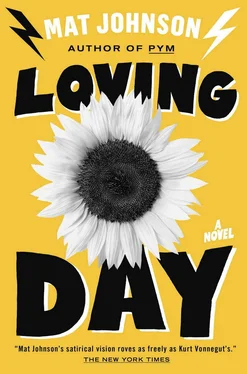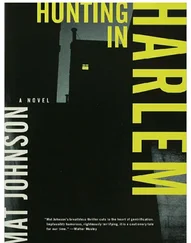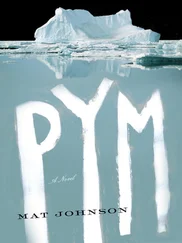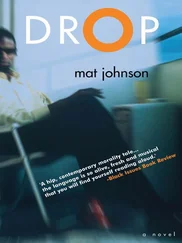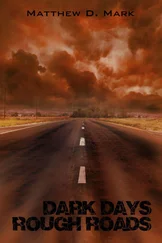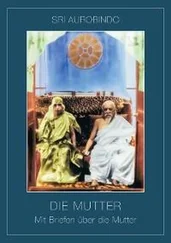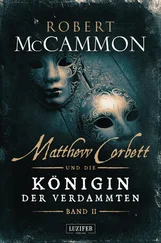“I like to keep things organized,” Tal says without looking up. She says it and the words are lifeless and congealed together as if they’ve been recited on many occasions.
“Your mother did that,” I tell her as I remember. It is one of the only things I remember about her mom. I don’t remember her face, but this bit I find within me. The time I went over there, I brought fried rice. I brought fried rice because I must have said I would bring her lunch, because she was sick, and it was the cheapest takeout I could find. And she took it on her plate, then separated the peas, then the carrots, then onions, till the rice was oily and naked. I’d never seen anyone else do that, and haven’t since. Now I’m proud of myself. I have remembered something, something about my time with Cindy, that isn’t horrible. But when I look at Tal, I see her staring back at me, her fork at her side, limp and hanging in her hand like she won’t be using it.
There’s anger there and I know Tal’s going to curse me, for all I’ve done and haven’t done. But she only says, “Irv. He was a nutritionist. Before he retired and became a drunk. It’s not OCD; it’s about portion control. He taught me.” Tal pushes her foil plate away from her on the hardwood floor, sliding it carefully to nearly beyond her reach. Unfolding a napkin, she lays it over top like the sheet on a corpse. “And my mom.”
“Do you remember her? Your mother?” I ask, and I regret it completely because I’ve been asked the same question, and it is one of the stupidest acts of small talk.
“Uh…yeah?”
“She was in her twenties then, right? She was in college?”
“She didn’t go to college. That’s why for Irv, it’s, like, pathological for him. You take the Jewish ‘go to college get a good education’ thing, and then you multiply it times a thousand. It’s like, if I don’t go to college, I’m going to die. Too.”
Tal looks as if she’s about to start crying. And the combined threat of seeing a stranger cry and seeing my daughter cry for the first time is too much. I get up, find the flier for the Umoja Charter School in my jacket pocket, and stick it right under her face before the tears can come. She takes it, sighs, flips it open.
“Everyone in this is black. Why is everyone in this black? You said go to a school with some blacks, not all blacks.”
“You ever looked at a flier that had all white people on it and said, ‘Why is everyone white?’ ”
“Sorry,” Tal says, and starts wrapping up the food that’s remaining. It’s a shutdown move, meaning the conversation is over, but I start cleaning up with her and pretend we are both still united in action.
“It’s a black school,” I tell her as we walk to the kitchen, greasy paper balled in hand. “An Afrocentric-themed school. It’s not like white people can’t go there though. You went to a Jewish school, now you can finish off at a black school. Makes sense. It will help you develop a black identity.”
“I already have an identity, I didn’t think I needed to get one in a new color.” Tal hands me her food, she’s only eaten half of it. I put it in the refrigerator, a machine so old it has a latch handle.
“Look, you’re black. I know it comes as a bit of a shock, but trust me, it’s pretty damn amazing. You’ve inherited a rich cultural tradition — think of it that way. But you’re not white anymore. You never were. Sorry.”
“Don’t say ‘sorry’ for that.” Tal’s already down the hall. “It’s not like I was great at being white either.”
Tal, my daughter, who I keep telling myself is my daughter, takes my tent. I was going to offer it anyway. I gather what appears to be a clean towel and washcloth from one of my father’s empty storage bins, and leave them on the floor outside the tent because the door is zippered. I can hear her moving around in there and I can see the light of her cell phone glowing. And I know she hears me, because the warped wooden floors in this place complain with every footfall.
I check all the doors one more time, make sure they’re not just locked, but properly locked, look out each distorted window for a sign of the ghouls showing back up. But there’s nothing. When I come creaking back to the tent, I expect Tal to say something, to ask a question, to make another comment. Nothing comes. Just the glow. The sounds of clicking digital machinations. I lie down on the wooden floor, another towel for my pillow.
“This is our first night together!” I say after ten minutes, with all the cheer I can muster. Tal doesn’t respond. After a minute, after I’ve given up and closed my eyes, she finally says something back.
“It’s like you think there’s a race war, and you want me to choose sides.”
“Not a war. Maybe…a cold war. And yes, there are sides,” I tell her, because I’m tired. Because I think, just say the blunt thing now, and walk it back from there. “There’s Team White, and there’s Team Black, okay? You probably didn’t even know you were on Team White before, most of Team White’s members never do. They just think they’re ‘normal.’ But if you’re black, and you go with Team White, that makes you a sellout. A traitor. And plus, you’ll never be accepted as a full member if they know the truth about you. It’s all good though. Because there’s Team Black where, okay, you may have to work sometimes to be accepted if you look like us, but you’re membership is clearly stated. In the bylaws.”
“Oh great. Well as long as I have a choice.” I can’t tell if she’s being sarcastic because I can’t see her and don’t really know her that well anyway.
“WHAT DOES UMOJA even mean? Wasn’t that, like, an R&B group or something?” When Tal first says this, I kick her under the table. This is the universal sign to “shut up,” but she looks over at me surprised and hurt like I just kicked her and I realize: she’s not kidding. She really thinks the school might have been named after an R&B group.
“ ‘Umoja’ is Swahili, a Bantu language from East Africa. It means ‘For there to be an I, there must be a We.’ Or, unity. You can learn about many of the African principles if you’re in attendance here,” Principal Kamau says, and there is no annoyance in his manner. We are lucky to have this meeting so quickly. Tosha called in a favor, and here we are, and if Tal screws this up I have no other options.
“They have a vegan salad bar in their lunchroom,” I tell her, or remind her, because I mentioned it at least twice before we rode over. I want to add, That means your food will come pre-divided , but don’t think she’ll see the humor.
“I thought all the American blacks came from slaves on the west side,” Tal says to him. But then she’s looking at me. Because I’m the one now squeezing her hand under the table to tell her to shut the hell up. I bulge my eyes at her, smile wider.
“You were saying there’s a tour my daughter could go on while we discuss specifics?” I ask the principal, and mercifully he calls in a student to take Tal out of the room before she can open her mouth again. The kid’s Tal’s age, tall, almost as light as she is, but the first thing I notice is the muscular arms poking out of his sleeveless dashiki. He smiles at me and nods with both hands clasped in front of him, as if I’m his sparring partner in a dojo. His locks are long and perfectly pulled to the back of his head, his neckline open, cowrie shells lining his leather choker chain. Clearly bright, confident, he looks to me like a young black warrior, a shining example of what the Umoja Charter School can accomplish. Tal must see something positive about him as well because almost immediately she jumps up with, “Okay, Dad, I’m out of here. Bye!” I catch myself reaching for her, scared of what will come from her mouth unbridled.
Читать дальше
